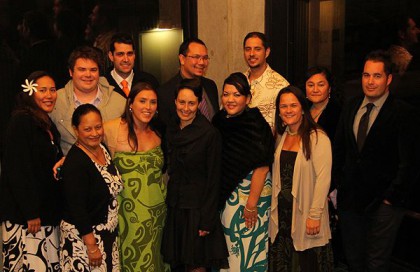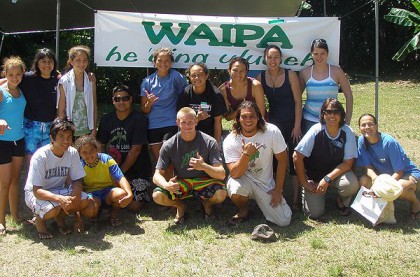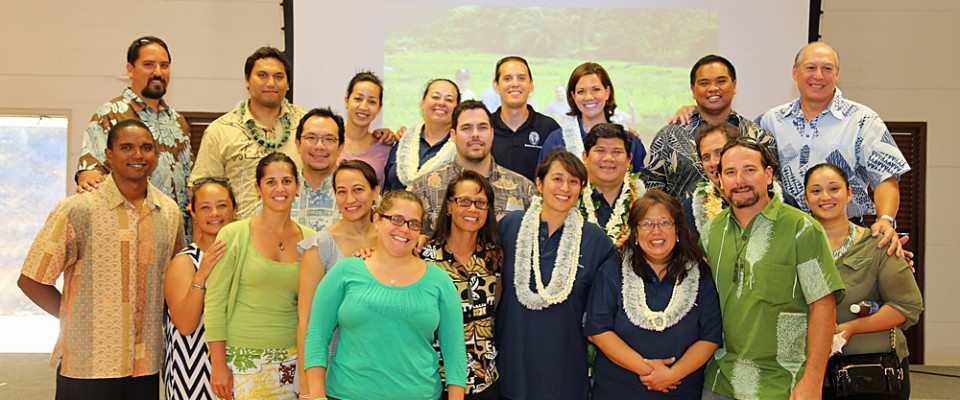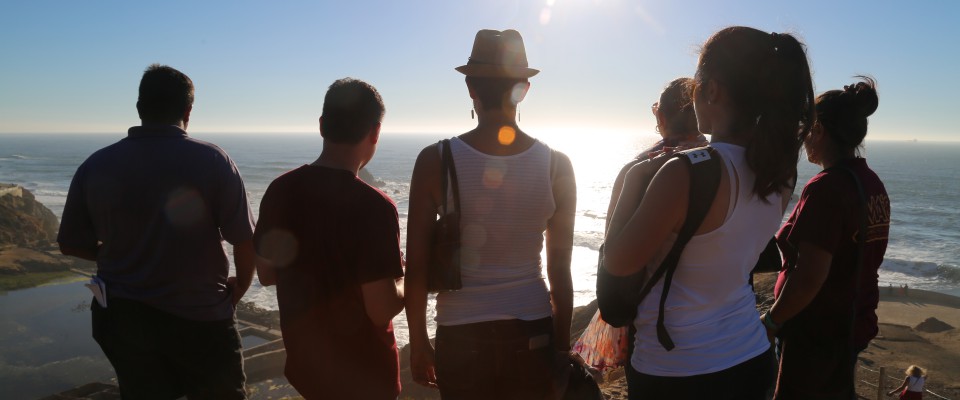Kamehameha Schools is working in partnership with another First Nations institution in Te Rūnanga o Ngāi Tahu (Aotearoa – New Zealand) to establish a world class fellowship program focused on building First Nations’ capacity through developing values based leadership and more integrated solutions for managing First Nation’s assets / resources.
The program vision is to develop well balanced First Nation’s leaders who serve their communities through important work in community, public or professional roles.
An academic consortium involving Stanford University and University of Hawai‘i Mānoa provide support for academic aspects of the Fellowship. The program will eventually involve both Fellows and Graduate Fellows who are concurrently undertaking graduate studies.
The academic program will include an annual First Nations’ Futures Institute at Stanford University (a Stanford certificate course) which will involve Fellows, partners, academic faculty, leaders in business, culture, First Nation’s communities and the environment. The Institute will be followed by a series of problem based learning experiences in Aotearoa and Hawai‘i through place /community focused projects with each of the partners.
Contingent on external sponsorship, the cohort may also undertake a one week intensive case study on international leadership involving political economy, First Nations’ development issues, and advocacy, political and policy processes. The final program component will require Fellows to present individual seminars back to the incoming cohort at the following year’s institute.
Fellows are selected from within each of the partnering First Nation’s communities based on their past service to their people and potential to contribute even further. Fellows will be a part of an international leadership network and will be expected to apply their experiences for the betterment of their people.
Individuals with the appropriate privileges can login to the portal and use the collaboration tools available there.

Papa Pōhaku

Papa Wiliwili






